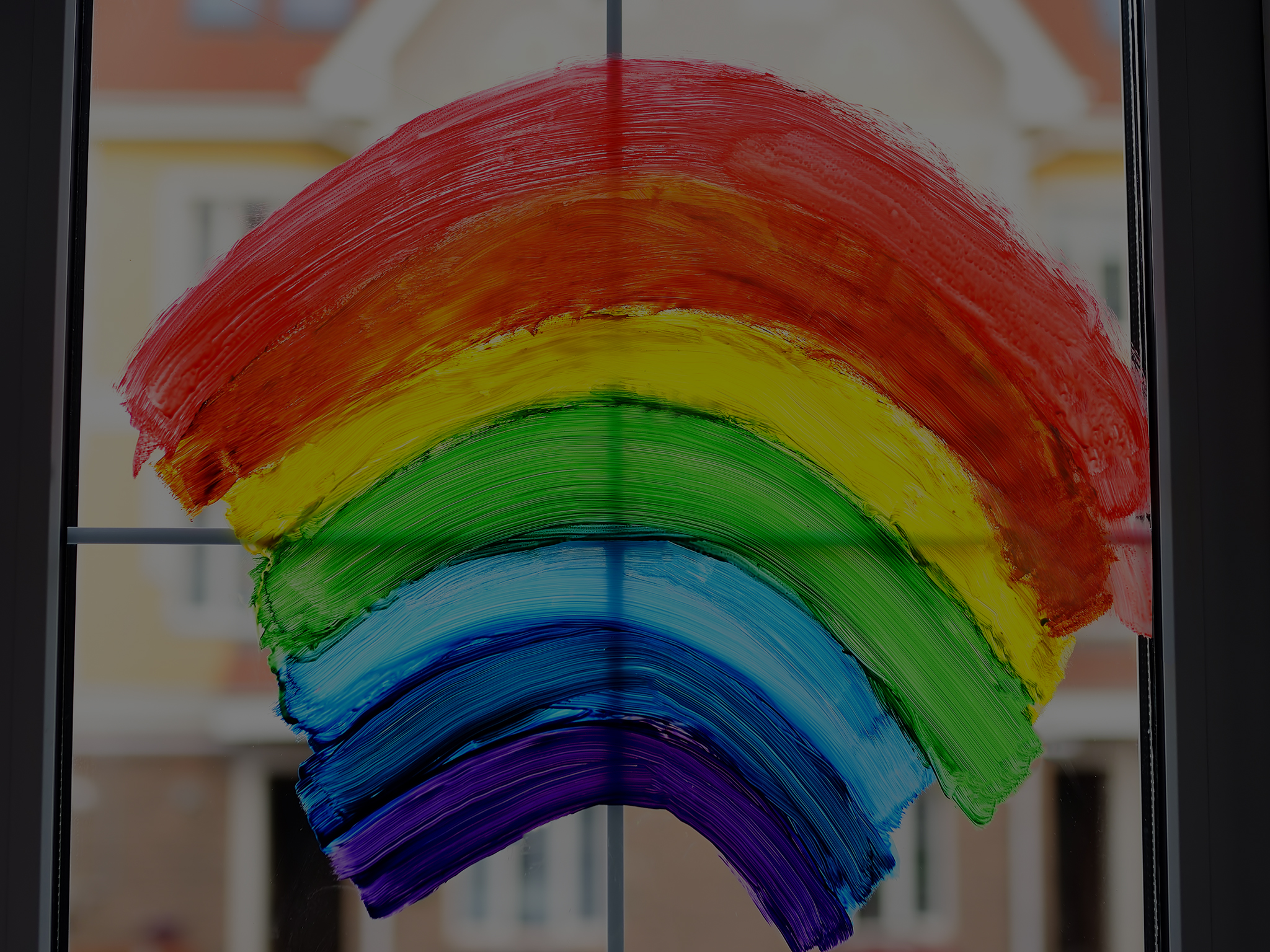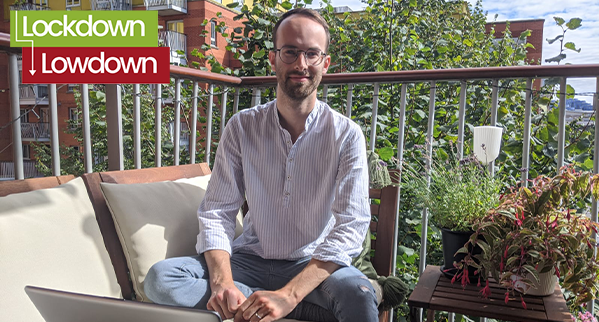Joe Twilley is Head of Communications at the Holocaust Memorial Day Trust. We worked together for several years, when Amazon PR was contracted to handle media relations for Holocaust Memorial Day. Joe will soon be leaving the Trust and relocating to Birmingham to take up the role of Head of Communications at Birmingham City University. We caught up before he begins the next chapter in his career.
The past informs the future
Louise: Holocaust Memorial Day has grown in significance since we first worked on it in 2013 – there is increased awareness and many more people take part in events and activities. But sadly, there also seems to be a more compelling need for society to recognise where unchecked discrimination and hate can lead. What role do you think acts of remembrance can have in changing attitudes and behaviours in the present day?
Joe: Yes, unfortunately you’re right. We’re really concerned at the amount of hostility, prejudice and hate we see online – and in the real world too. For me, and all of us at the Holocaust Memorial Day Trust (HMDT), remembrance isn’t a passive thing we do once a year. We need to remember with a purpose, to help build a more respectful, safer world.
Ultimately it’s all about taking the time to learn about those who experienced persecution to inform our own lives today. So many people who mark Holocaust Memorial Day (HMD) go on to take really meaningful action, like volunteering at refugee centres or getting involved in inter-faith work locally.
“All of these actions make a massive difference to our communities and ultimately society as a whole.”
Holocaust Memorial Day takes place in January and along with a national commemorative event in London there are thousands of events and activities across the country. Back in March, we all assumed lockdown and the impact of Covid-19 wouldn’t last too long. People pushed events back to the autumn. Now they are being postponed to early next year, possibly longer. What decisions, if any, have you made about the 2021 commemorations?
In many ways we were incredibly lucky that we managed to deliver Holocaust Memorial Day 2020 before lockdown came in. It was a huge year for us as we marked 75 years since the liberation of Auschwitz, and TRH The Duke and Duchess of Cambridge joined us at the national Ceremony in London (which you can watch on BBC iPlayer).
With our attention now firmly on January 2021, we’re working hard to make sure that people from across the UK can still take part – even if social distancing and other public health measures remain. One challenge we’ve been considering is how do we enable people to still actively participate together when gathering in large groups is impossible. We’re creating resources and activities which people can do digitally, or from a distance, but still actively participate.
In terms of the UK Ceremony, we’re having to work very flexibly, but it’s clear that digital accessibility is going to be more important than ever. We’re developing plans which will enable people to take part and view it online, which is particularly important given that many of our most important guests are survivors of the Holocaust and genocide who may still be shielding.
Of course, the work of the Holocaust Memorial Day Trust is not just about the commemorations each January. That forms a focal point, but you work throughout the year to fulfil your vision – to learn lessons from the past to create a safer, better future. Can you tell us what this involves?
Really it’s about helping people to understand the contemporary relevance of the Holocaust, Nazi Persecution of other groups, and more recent genocides. None of the events we mark are ancient history. They all took place in living memory and each one holds valuable lessons for us all to comprehend. We need to understand where hostility and hate can lead if it’s left unchecked.
The tricky part is not making crass comparisons with historic situations. We should be thankful that we live in a democracy, with a generally very tolerant society and where laws protect people from hate crime and discrimination. But that doesn’t mean our work in the UK is done. Far from it. Antisemitism, homophobia, anti-Muslim hate, disability hate and many other forms of intolerance are all far too prevalent and it’s our collective responsibility to stand up to them.
From a comms perspective, our work throughout the year involves highlighting other anniversaries (we just marked Roma Genocide Remembrance Day on 2 August), commenting on relevant news stories and sharing our perspective through spokespeople and experts. Recently we’ve also been doing lots of work to highlight the dreadful treatment of Uyghur Muslims in China.
In a complex and troubled world, what gives you most hope for the future?
People. One of the best parts of my job is meeting and working with remarkable individuals who constantly strive to make the world a better place. Survivors, volunteers, community activists, fellow charity workers – they’re all out there doing amazing work which is making a difference. Unfortunately, their voices often aren’t the loudest (particularly on social media) which is why I think communications work is more vital than ever before to give positivity a platform.

